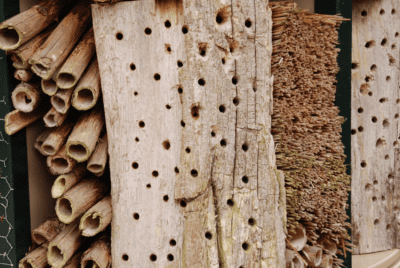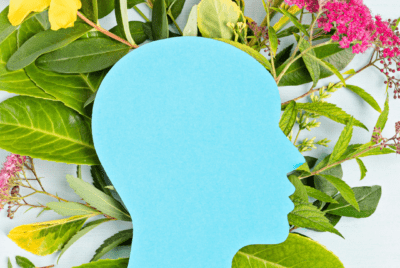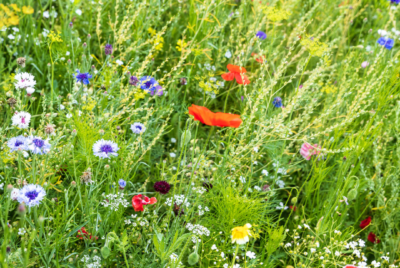RESEARCH
People–Plant Interactions and the Ecological Self
Summary
This article looks at the ways that being around plants can change how we think about ourselves and the world, and how it can help communities. It’s a review of different ideas about the “self” from social theories and how these ideas connect with practices like therapeutic horticulture, which uses gardening to improve people’s health and well-being. The author argues that our relationships with plants, even the ones we don’t always notice, are important. The article explores a range of ways people interact with plants, from just looking at them to physically working in a garden. It also looks at how these interactions can help us remember past experiences and work through difficulties, similar to how other forms of therapy work. The goal of understanding these connections is to find more ways for people to have meaningful interactions with plants, which could make our lives better as individuals and as communities, and even help the environment.
The article doesn’t describe a single study but rather reviews existing theories and practices. It brings together ideas from thinkers who looked at how the “self” is formed through our experiences and interactions with the world. It then connects these ideas to the practical ways plants are used in therapy to help people heal and grow. The author presents a spectrum of people-plant interactions, ranging from simply observing plants to more active engagement like gardening and harvesting. By looking at this whole range, the article shows that different kinds of interactions can have different effects on people. Ultimately, the author suggests that paying more attention to our interactions with plants can lead to a more “ecological self,” where we see ourselves as connected to the wider living world.







